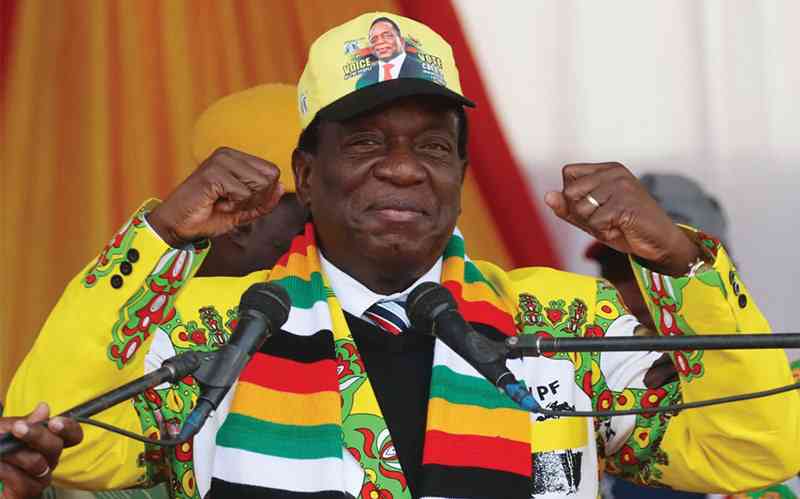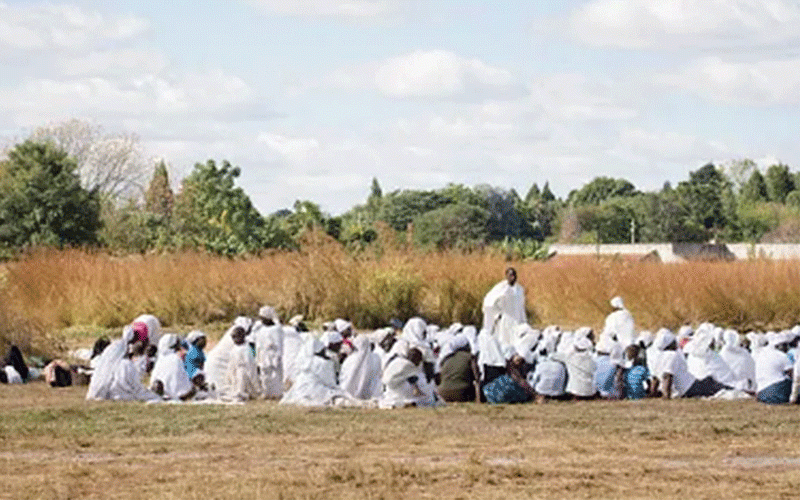
The government’s handling of the controversial legal instrument that sought to hide procurement processes by the Health ministry has exposed the failure by President Emmerson Mnangagwa’s administration to stick to its promises of transparency and fighting corruption.
A week ago Mnangagwa published a notice in the Government Gazette under section 3(6) of the Public Procurement and Disposal of Public Assets Act, which declared certain things “of national interest” whose procurement should not be publicly disclosed.
These included construction equipment and materials, biomedical and medical equipment, medicines, drugs (pharmaceuticals), vehicles — including ambulances — laboratory equipment, chemicals and accessories. Hospital protective equipment, repairs, maintenance services of hospital equipment and machinery were also part of the list.
Following a public outcry, Mnangagwa’s office said the president had ‘rescinded’ General Notice 635 of 2023 because it was allegedly not approved as per the law.
There were suggestions that the legal instrument was the work of some mischievous people and that investigations were underway to establish their motive.
However, as of today General Notice 635 of 2023 remains in force because nothing was done legally to rescind it beyond the announcement by Mnangagwa’s office that it was ‘null and void’.
The failure to repeal the legal instrument will give those behind the mischief room to pursue their agenda to milk government coffers.
It is important to mention that the Health ministry was already under the spotlight when it comes to lack of transparency in procurement processes following the Covid-19 equipment scandal.
- Lobby group bemoans impact of graft on women
- Corruption watch: Rogue cops: Blame it on the bosses
- DJ Ladyg2 fights stereotype in showbiz
- Corruption watch: Who is benefitting from the Pomona sham deal?
Keep Reading
The ministry was exposed after it purchased items without going through procurement procedures and paid inflated prices for drugs and personal protective equipment at the onset of the Covid-19 emergency.
Attempts to impose a veil of secrecy in the way government pays for medicines, equipment and services was certainly well planned by people with corrupt intentions.
Since Mnangagwa has disassociated himself from General Notice 635 of 2023, Zimbabweans are waiting to see robust action being taken against the culprits.
The president must now demonstrate that he means it when he says he is committed to running a government that does not tolerate corruption.
He must be prepared to make an example of the people behind the brazen attempt to loot public funds using his name and office.
Corruption is a cancer that is responsible for extreme poverty in Zimbabwe and it must be nipped in the bud whenever it is detected, including in government departments.









